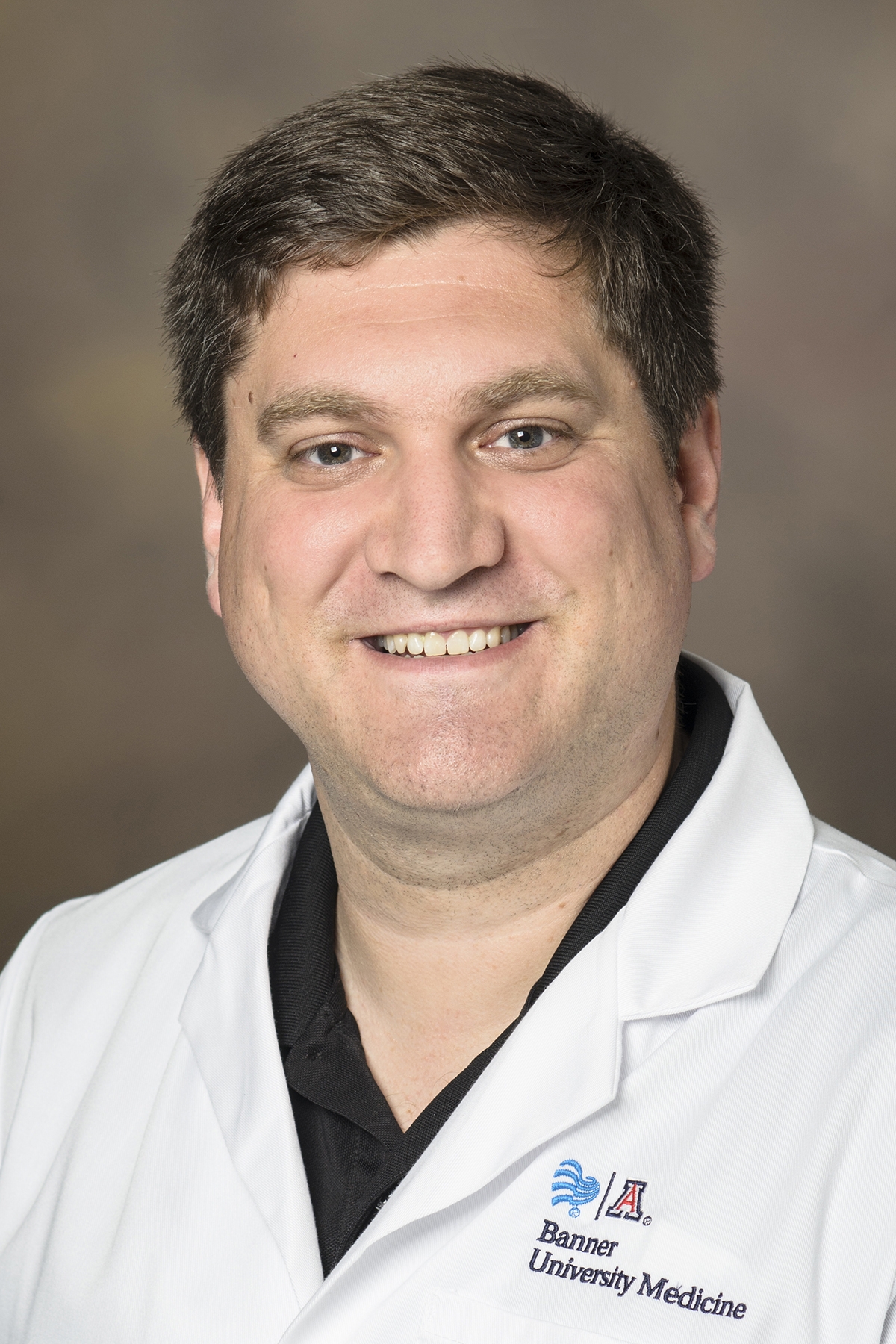 The time we all have been waiting for: the return to campus. Most of us are usually excited to see our college friends and catch up from the summer away. Departing from home is easier than the last time, as we begin to become the more independent version of ourselves. The summer can be a whirlwind of emotions, but now we are back to school, and ready to make more memories. For some, the transition back to school can be harder than planned, getting into the school routine is tough, waking up to go to class might not be happening, and eating well-made meals might be non-existent. Dr. Grandner, Assistant Professor of Psychiatry at the University of Arizona and director of the Behavioral Sleep Medicine Clinic at BUMC south, has given us a few pointers on how to make the transition a little smoother.
The time we all have been waiting for: the return to campus. Most of us are usually excited to see our college friends and catch up from the summer away. Departing from home is easier than the last time, as we begin to become the more independent version of ourselves. The summer can be a whirlwind of emotions, but now we are back to school, and ready to make more memories. For some, the transition back to school can be harder than planned, getting into the school routine is tough, waking up to go to class might not be happening, and eating well-made meals might be non-existent. Dr. Grandner, Assistant Professor of Psychiatry at the University of Arizona and director of the Behavioral Sleep Medicine Clinic at BUMC south, has given us a few pointers on how to make the transition a little smoother.
What is the best way for college students to transition back into the school year?
Get into a regular routine, the more consistent you can make your schedule, and the more you can build regularity and predictability into your schedule, the easier you will be able to transition. Ironically, this can also help you be more efficient and resilient to curveballs as they get thrown at you!
How does eating poorly and not getting enough sleep affects college students day to day activities?
Diet and sleep can both impact more than the waistline and energy level. A healthy diet and plenty of sleep are important for maintaining focus, efficiency, mental clarity, emotional regulation, and physical performance!
How can the college lifestyle lead to depression, anxiety, and other behavioral health issues?
There are many things about this experience and the age range that can lead to poor mental health. Lack of healthy diet and sleep, extra stress, looming deadlines, relationship problems, and more. Learning how to manage and cope with the stress is a key part of the experience.
If a student begins to feel anxious or depressed what do you suggest they do?
If it is interfering with your ability to be productive or gets in the way of your general well-being, then it might be more than just a passing mood. In that case, get help. Students have great access to trained and competent professionals who can help. Depression and anxiety disorders are common, and effective strategies for managing them exist. If you were injured or sick and it got in the way of your ability to function, you would go to a professional. Treat your mental health the same way.
What resources are available to UA students to help them manage their time better, to eat well, and get enough sleep?
Students have access to a wide range of medical and mental health resources through the university, their college, and sometimes even their specific program. Learn what those resources are and make use of them!

